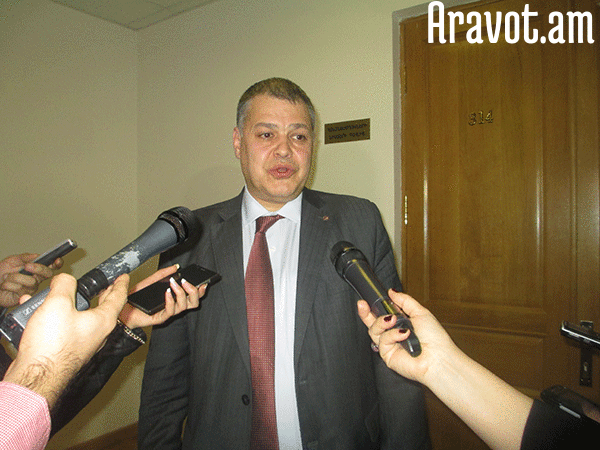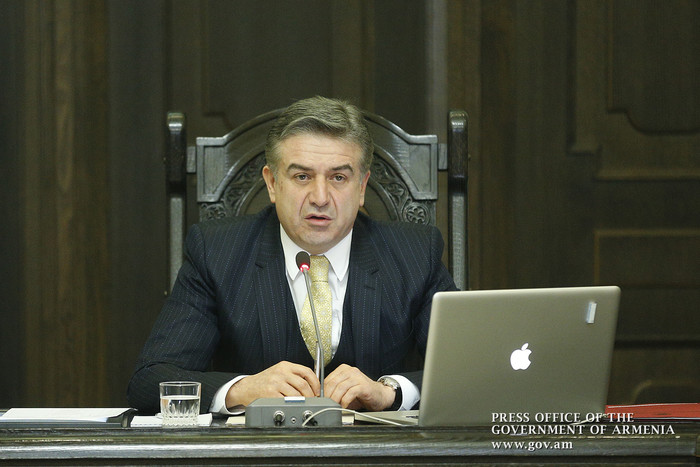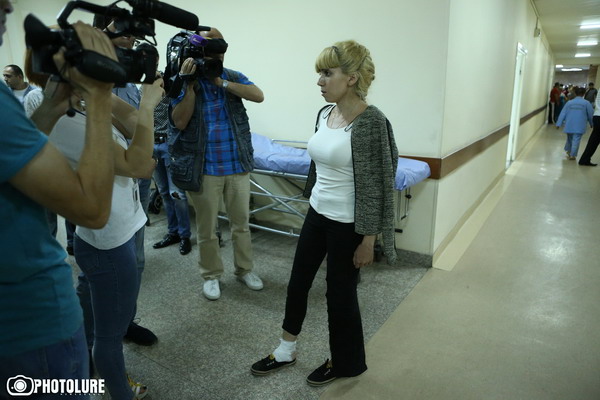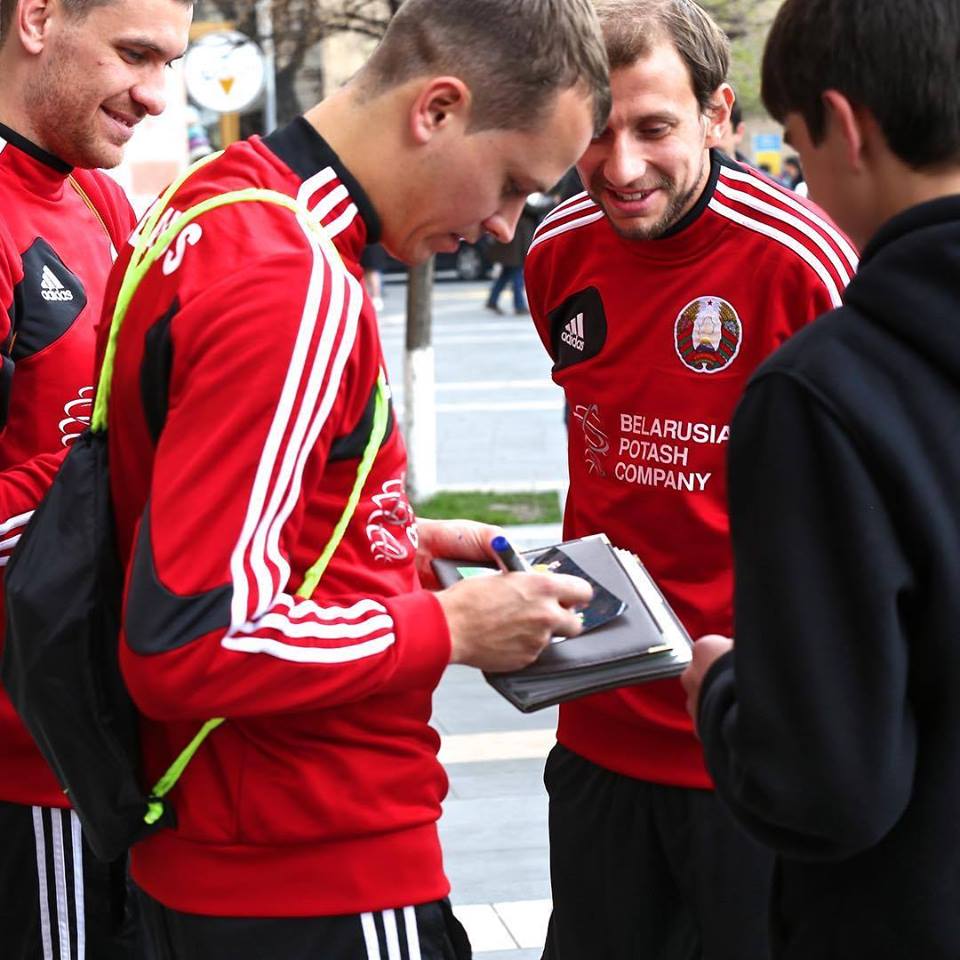A number of civil NGOs attending the discussions in the format 4+4+4 of the Election Code issued a statement that they are refusing to be included in the staff of joint Committee consisted of opposition and non-opposition forces of the National Assembly and the representatives of the civil society. Note that the rules of the formation and the activities of the Committee are approved by the decree of the Government of Armenia dated November 10, 2016 N 1158 which aims at organizing video and live broadcast at the polling stations, the auditing of the database of ID cards and passports, and monitoring the process of introducing the e-voting registration system.
To the observation of Aravot.am that by and large, the NGOs refuse to be included in the composition of the Committee consisted of opposition and non-opposition forces of the National Assembly and the representatives of civil society because they do not consider it a structure having active powers, Chief-Minister of the RA Government Staff, David Harutyunyan, replied that given the fact that no such Committees was formed earlier prior to any electoral process, the establishment of such Committee is already unprecedented in its kind.
“The allegation that this Committee does not have active powers as it is a unique Committee by the volume and nature of its powers is at least strange. In order to make my words clear, let us note that along with other powers, the Committee must carry out a selection of specialized organizations on a competitive basis which will be responsible for video recording at the polling stations, live broadcast, as well as for elaborating a mobile app for facilitating the monitoring of results of the votes. Incidentally, this Committee will be the evaluation Committee for the procurement procedure, will form a coordination group of procurements from the proposed candidates and will approve the plan of the procurement,” noted David Harutyunyan.
As for non-inclusion of some recommendations by the civil society on the agenda for discussion, the Minister noted that all recommendations have become a subject for discussion, it is another fact that not all the recommendations were passed. “Generally, the peculiarity of the notion of negotiation lied in the fact that eventually mutually agreed solutions must be taken. It is clear that in this situation, not all presented recommendations were passed. We initially are guided not by the principle of winners-losers but by win-win principle,” emphasized David Harutyunyan, noting that he considers unacceptable the practice that the individual representatives of civil society begin taking a passive posture in important processes at the same time shadowing the huge work accomplished until now.
Read also
Chief-Minister of the Cabinet also added that the media responses show that there is a wrong opinion within the circles of civil society, according to which by the corresponding government decree, only the mentioned 6 NGOs have the right to be involved in the Committee. Whereas, the decree spells out that the aforementioned organizations as a party of the negotiation format should have nominated the candidates by joint signature.
“When sitting at the negotiating table with the mentioned organizations, we have admitted that we are working not with these 6 but with the individuals representing the view of nearly 200 NGOs. The decree was written by the same logic. Moreover, the draft decree was agreed upon by all political forces. The mentioned organizations acting as a party to the negotiation format should have discussed with wider segments and nominated candidates for the inclusion in the Committee,” explained David Harutyunyan. He also expressed his gratitude for the work of the representatives of the parliamentary opposition and non-opposition forces and noted that the Committee is already fully engaged in exercising its committed powers.
Nelly GRIGORYAN























































